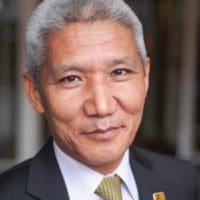Overview
Quantum Physics is grounded on a set of puzzling experiments that resist all efforts to understand them based on normal human experience and classical scientific theory. Arthur Zajonc will describe the key experimental foundations of quantum physics and identify the crucial non-classical aspects of each experiment. These experiments point to a “quantum holism” that demands we reconsider the possibility of a new kind of interconnectedness to reality. The very notion of localized objects with intrinsic properties is challenged by quantum experiments. All attempts at “picturing” the quantum world in terms of conventional concepts based on sense experience are seen to fail. The inherently probabilistic character of quantum physics raises other important questions concerning microscopic causality. Are all events, including the radioactive decay of a single nucleus, caused? Michel Bitbol will describe the philosophical implications of these experiments and the “paradoxes” of quantum physics for our view of reality. One important alternative to “interpretations” of quantum theories is to forego the desire to have a representation of the world at all. “No view” is a well-established tradition within certain schools of Buddhist philosophy. Thupten Jinpa, as the Buddhist respondent, will take up this and related issues in his response to the presentations.
- Dialogue 2627 sessions
- January 18, 2013Drepung Monastery, Mundgod, India


